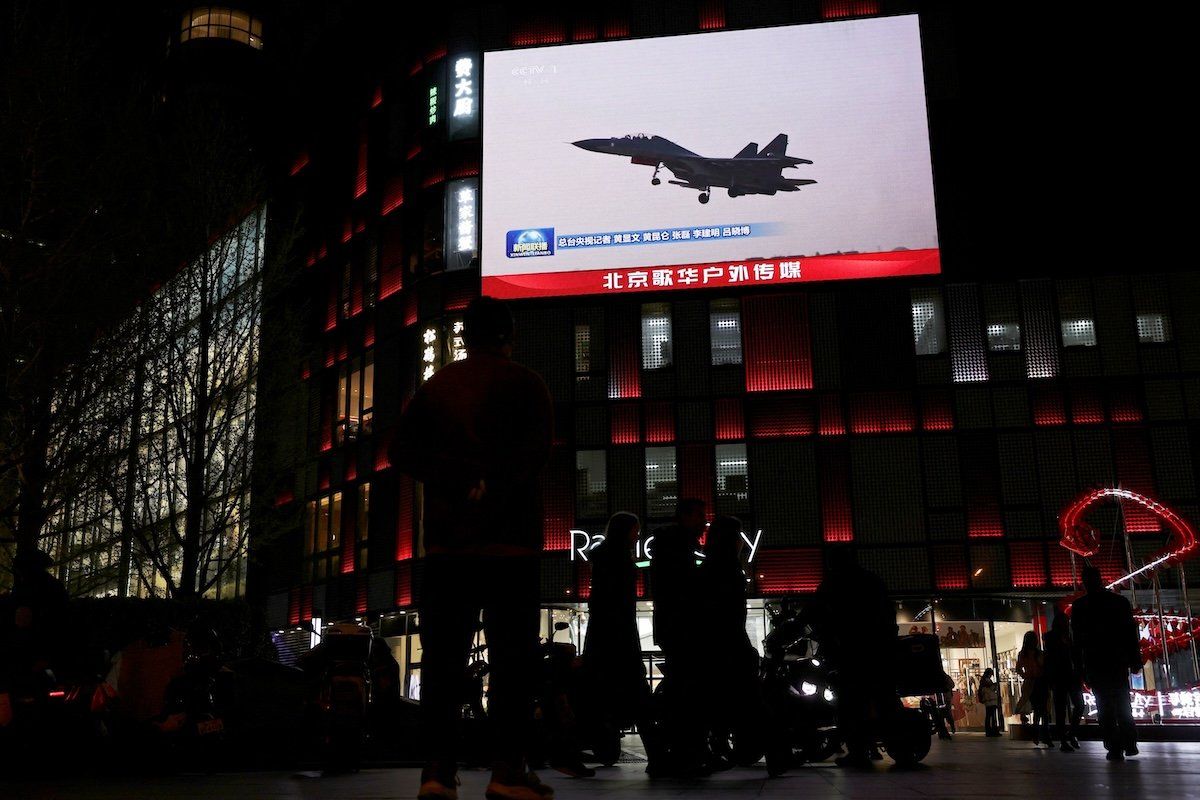China on Tuesday conducted one of the largest military drills to date in the waters and skies around Taiwan.
Beijing said the operation — in which dozens of aircraft and warships breached Taiwan’s de facto boundaries — was a dry run for “seizing comprehensive control” of the self-governing island.
The backstory: The island has ruled itself for decades, but Beijing views it as part of China, and President Xi Jinping has promised to reintegrate it — by force if need be. The US nominally recognizes China’s claims but, in practice, provides substantial security support to the island.
Why now? Taiwan’s staunchly pro-independence president Lai Ching-te, who took office last May, has, from Beijing’s perspective, gotten too mouthy, calling China a “foreign hostile force” and bolstering the island’s defense capabilities. Beijing called him a “a parasite” and blasted his “pro-independence provocations.” (Read more about him here.)
The US angle. Trump has signaled he’ll focus on countering China in Asia, but also that he expects Taiwan to shoulder a bigger share of its own defense burden. Beijing could be testing the waters, so to speak, not only around Taiwan but around the White House as well.
“The US was the secondary audience of the military exercises,” says Ava Shen, a China analyst at Eurasia Group. “The Chinese military announcement of the exercises also had an English version, which suggests China wanted to express its opposition to US continued support for Taiwan.”
